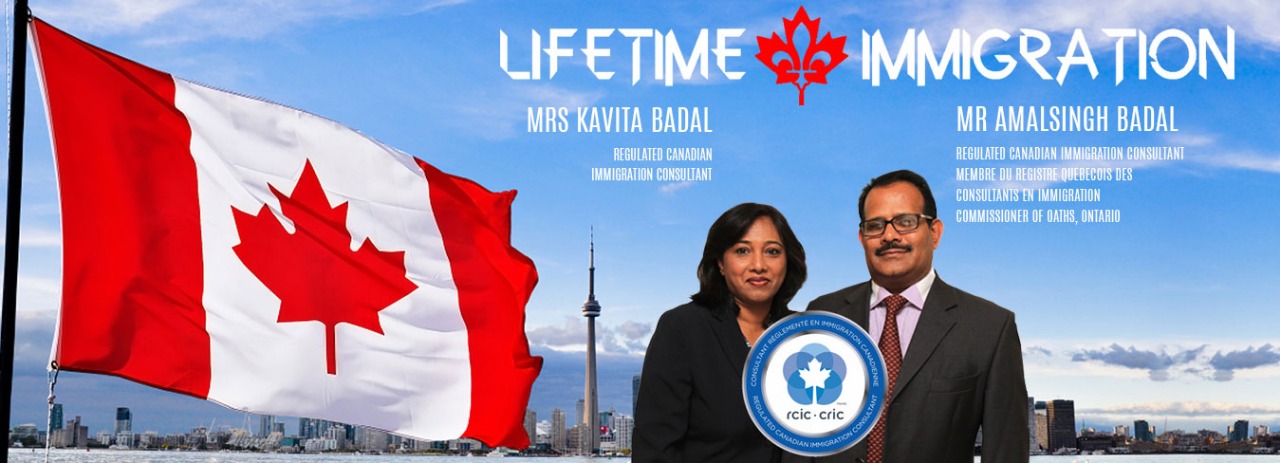
New borders measures introduced by the Government to protect Canadian public health
News release – October 02, 2020
The government continues to enforce and strengthen travel restrictions and border measures that have been in place since March 2020. The mandatory quarantine measures, which require travellers to quarantine or isolate for 14 days immediately upon entry to Canada (unless they are expressly exempt), have been effective. While Canadian citizens and Canadian permanent residents can travel to Canada, foreign nationals are subject to travel restrictions.
- Further to that, Canada is strengthening the public health presence at the border and enhancing quarantine monitoring announced by Immigration, Refugees and Citizenship Minister Marco E. L. Mendicino, Public Safety and Emergency Preparedness Minister Bill Blair and Health Minister Patty Hajdu.
– Every port of entry has 24/7 access to quarantine officer support through the Central Notification System. Upon arrival in Canada, travellers’ health and ability to quarantine will be assessed before they leave the port of entry.
– The presence of federal public health officers at the border is also being scaled up over the coming months to cover 36 ports of entry that account for 90% of all traffic into Canada during normal operations. By the end of the fiscal year, a total force of 190 public health officials will be deployed across the country.
- To allow critical information to be shared more quickly with provinces and territories, the government is increasing the use of digital forms and processes.
– The Public Health Agency of Canada has deployed digital portals such as ArriveCAN app for travellers. They are required to provide specific information including contact information after entering Canada. With the help of the app, travellers may also provide updates on symptoms through self-assessment during their quarantine period.
– Currently, some 100 designated screening officers at a call centre make approximately 4,300 live calls and 3,500 automated calls daily to travellers entering Canada, for a total of nearly 1 million contacts since March 2020. The Public Health Agency of Canada is working with Service Canada to further increase these numbers.
– These calls are followed up by law enforcement if an individual cannot be reached or is suspected of not complying with quarantine requirements. In a situation of non-compliance, law enforcement authorities, such as RCMP or provincial police officers, have full authority in jurisdictions that have signed on to the Contraventions Act ticketing regime to issue fines of up to $1,000 and may ticket an individual again in the presence of repeated instances of non-compliance, which may also result in multiple fines.
– An individual could face fines of up to $ 750, 000 and up to 6 months in prison where the non-compliance is not addressed through a contraventions ticket. The charges are laid for an offence under the Quarantine Act under which could result in a fine of up to $ 1 million and 3 years’ imprisonment
- Processes are also being introduced to support:
-: enhanced family reunification
Certain extended family members of Canadian citizens and Canadian permanent residents, including those in an exclusive dating relationship of at least 1 year and their dependent children, as well as adult children, grandchildren, siblings, and grandparents. On October 08, 2020, the following will be communicated on the Immigration, Refugees and Citizenship Canada (IRCC) website:
- who may qualify as an extended family member,
- the process and
- eligibility requirements to travel to and enter Canada
-: entry for compassionate reasons, and
Foreign nationals for compassionate reasons in specific circumstances, such as life-threatening illness, critical injury, or death, with potential limited release from quarantine. The Public Health Agency of Canada’s website (canada.ca/coronavirus) will disclose information on the eligibility and the process for travel and entry to Canada for compassionate reasons on October 08, 2020.
-: the safe and gradual entry of some international students.
International students, starting October 20, 2020, if they will be attending a designated learning institution (DLI) that has been identified by their provincial or territorial government as having a COVID‑19 readiness plan in place.
There will be a robust process in place for extended family members, and each traveller will need to apply for and be issued an authorization before they can travel to Canada.
NOTE: No travel plans should be made until travellers have met all requirements and obtained necessary authorizations to qualify to come to Canada under the new rules.
Don’t forget to sign up!
Stay informed on our latest news!
- 29 Pagebrook Dr, Etobicoke, ON, M9P 1P4, Canada
- 2nd Floor, Popular Printing Building, 12 Leoville L'homme Street, Port Louis, Mauritius
- +16472236314
- +23052519739/+23052582151
- info@lifetimeimmigration.com



 Canada : + 1 647 223 6314
Canada : + 1 647 223 6314